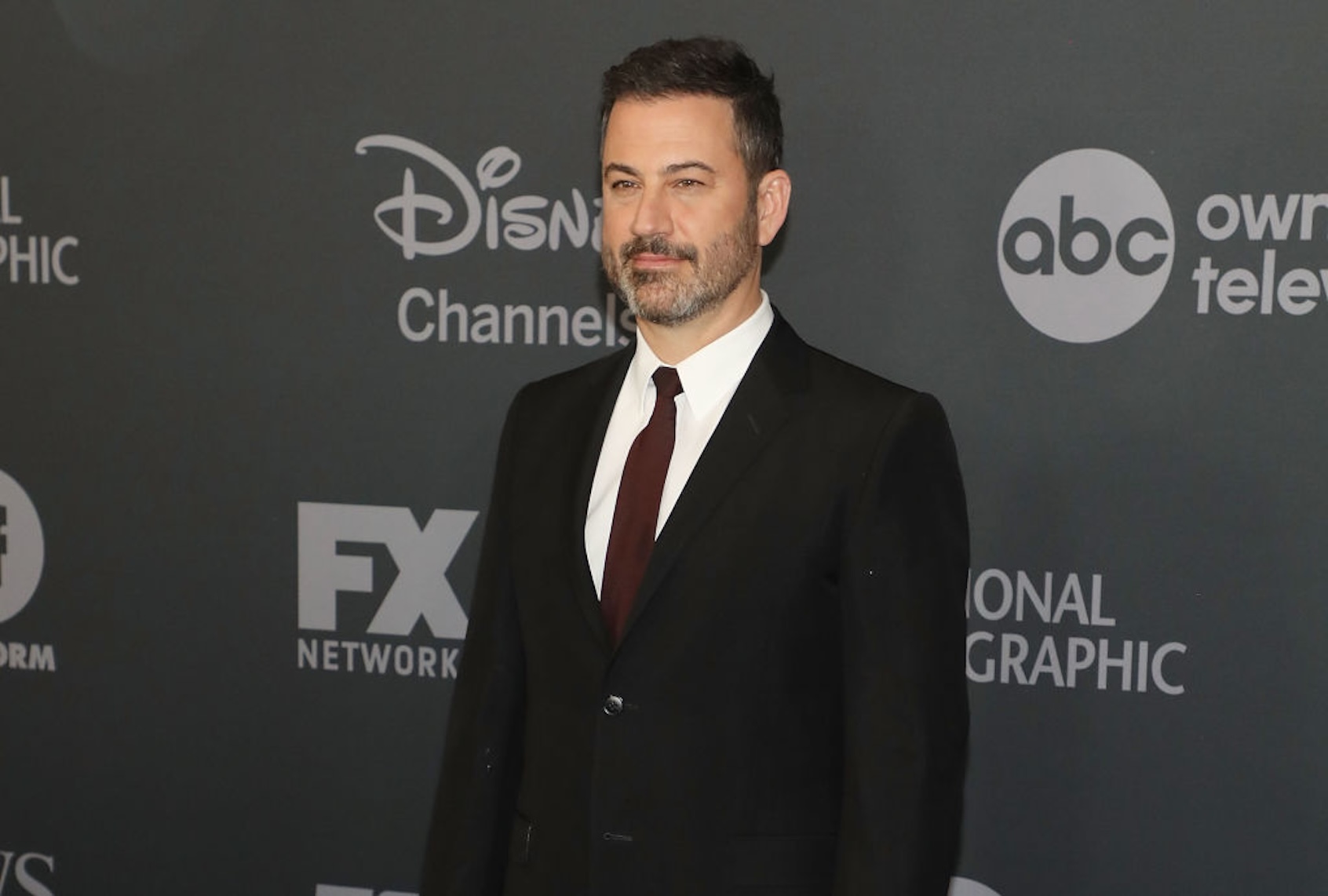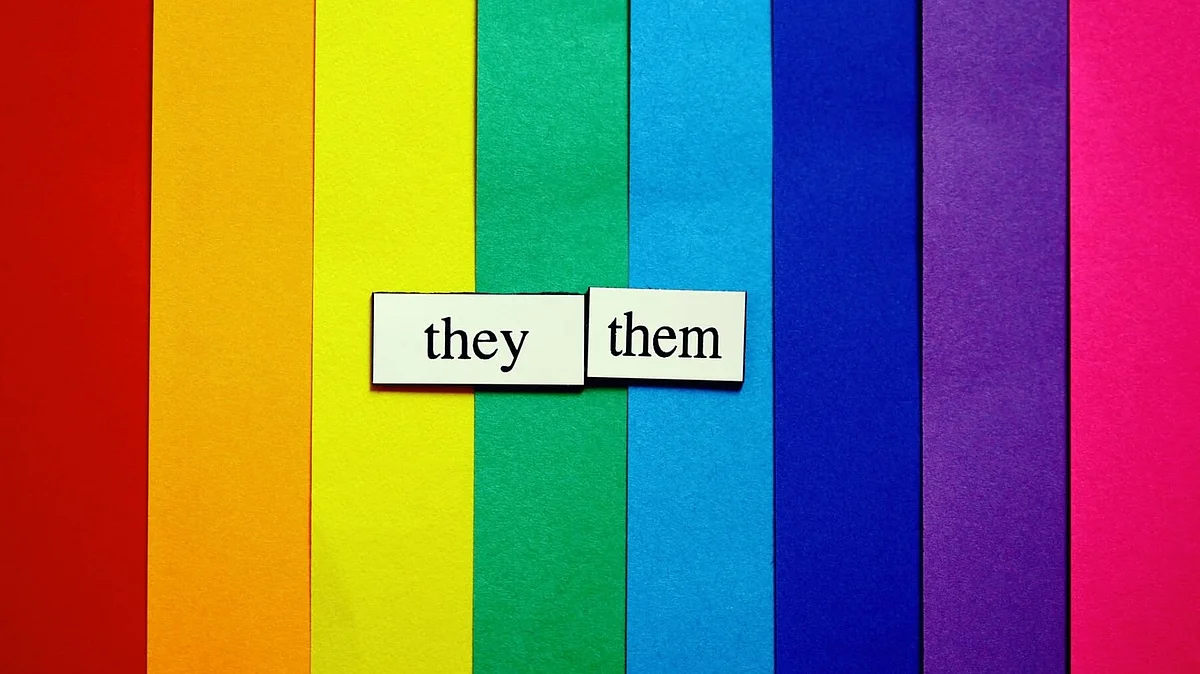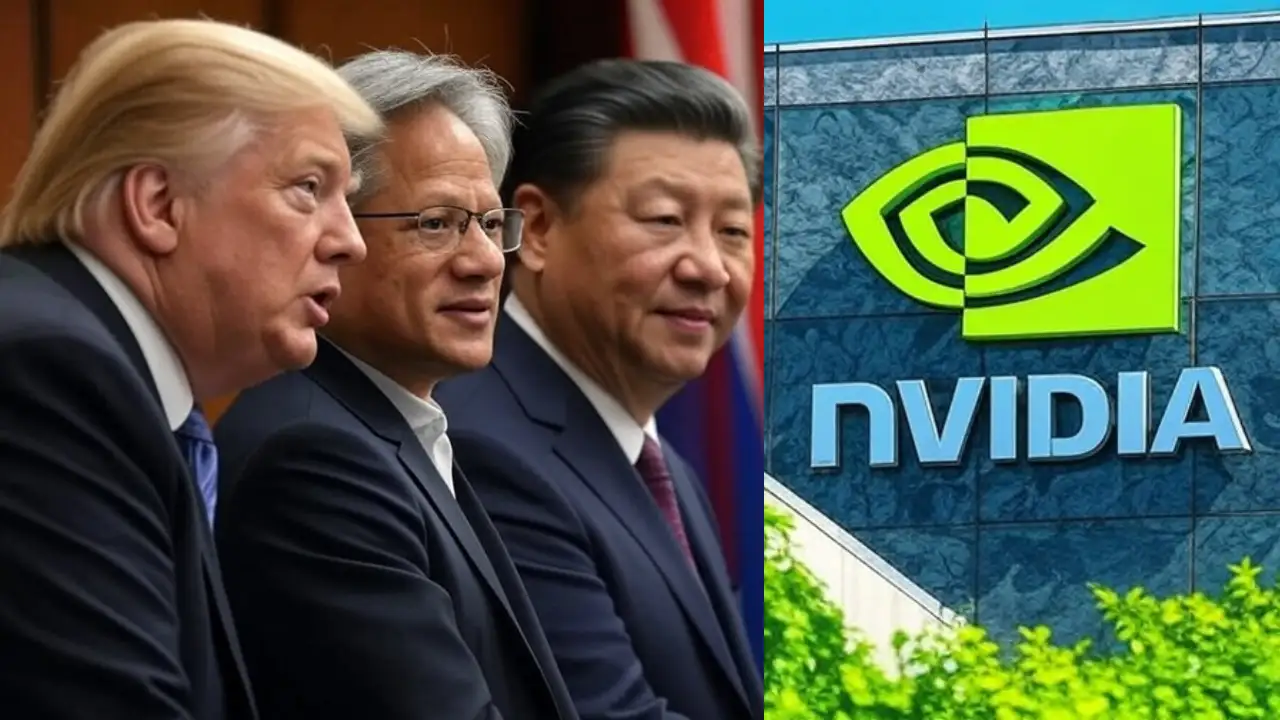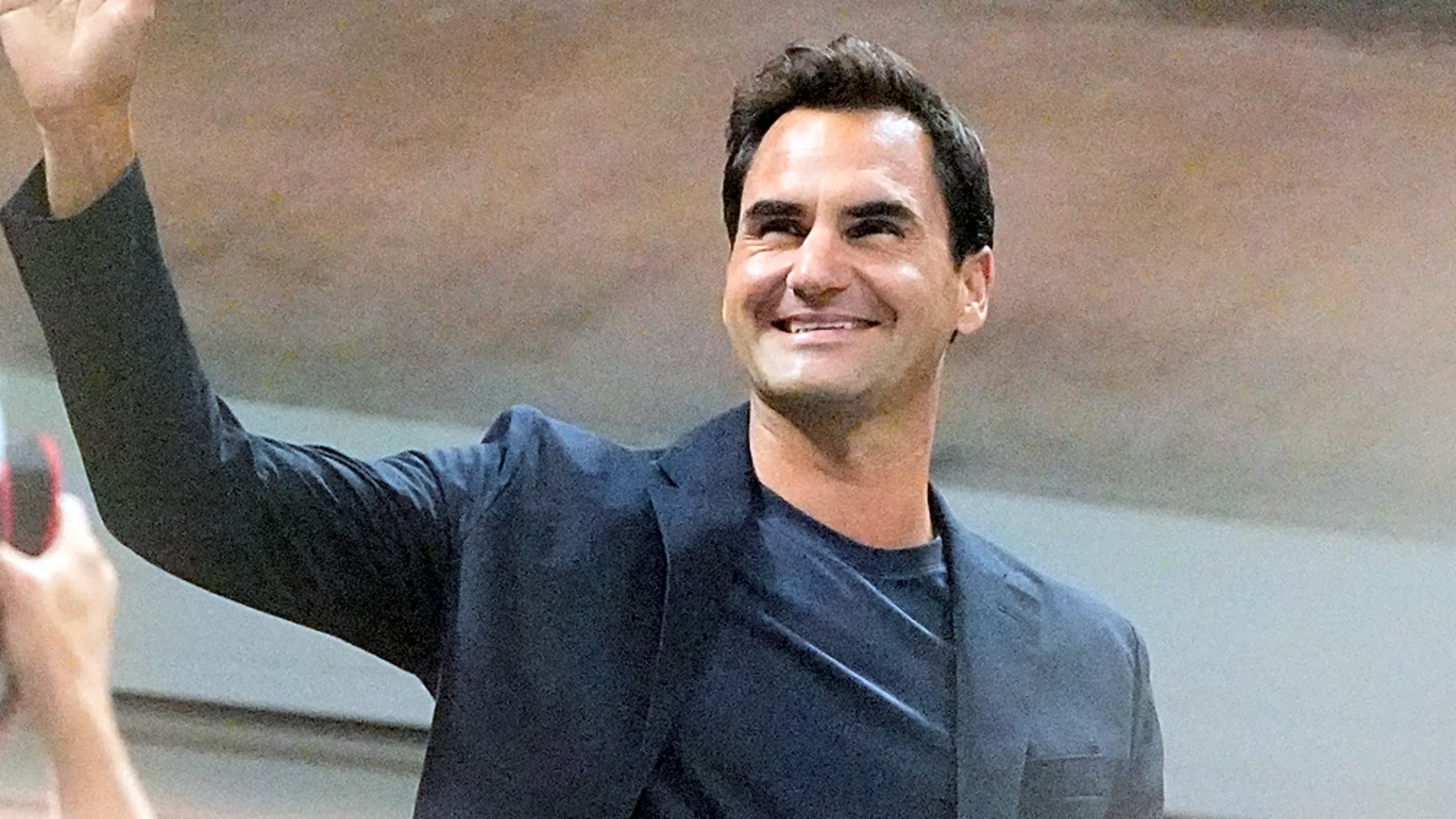
Before late-night host Jimmy Kimmel returned to the air after he was suspended for what Disney, the owner of ABC, characterized as “ill-timed and thus insensitive” remarks about the killing of Charlie Kirk, President Donald Trump made it clear that the comedian was still at risk of government backlash. Trump took to Truth Social late Tuesday to condemn ABC’s decision and suggest that Kimmel’s return might amount to an “illegal campaign contribution” to the Democratic National Committee. He threatened to “test ABC out on this” — apparently alluding to a prior $16 million settlement paid by the network. “The White House was told by ABC that his Show was cancelled! Something happened between then and now,” the president complained.
“This show is not important,” Kimmel told his audience upon his return Tuesday. “What is important is that we get to live in a country that allows us to have a show like this.”
He continued: “Our freedom to speak is what I admire most about this country. And that’s something I’m embarrassed to say I took for granted until they pulled my friend Stephen [Colbert] off the air and tried to coerce the affiliates who run our show in the cities that you live in to take my show off the air.”
Millions of Americans were denied broadcast access to this important moment in TV history. When ABC announced that “Jimmy Kimmel Live!” would be reinstated, two of the largest station‑group owners — Nexstar Media Group and Sinclair Broadcast Group — declared that their affiliated ABC stations would not air the show upon its return. Together, the companies own 70 ABC affiliates covering over 23% of U.S. households. Sinclair demanded a personal apology from Kimmel and a donation to Kirk’s family before reconsidering its position. In turn, some free speech proponents are now turning their attention to boycotting advertisers who buy ads on Sinclair and Nexstar.
“We can do this the easy way or the hard way,” Federal Communications Commission Chairman Brendan Carr threatened one week ago. His tactics directly mirrored those he laid out as a contributor to Project 2025: Using informal pressure backed by license review authority to guide content decisions without needing formal rulemaking. The next day, Kimmel was yanked off the air.
In the wake of Kimmel’s suspension, boycotts and protests were immediately activated. Activists urged viewers to cancel Disney subscriptions, advertisers to shun ABC and local stations to refuse cooperation. A gunman opened fire on an ABC affiliate building in California.
Kimmel’s return was a test: Is there still room in our media ecosystem for dissenting voices? Or will the mere hint of pressure from the FCC or the White House be enough to bend networks into submission? His comeback monologue made it clear that to assert the marketplace of ideas remains open, the media cannot shrink in fear every time Trump scolds them.
Kimmel’s return was a test: Is there still room in our media ecosystem for dissenting voices? Or will the mere hint of pressure from the FCC or the White House be enough to bend networks into submission? His comeback monologue made it clear that to assert the marketplace of ideas remains open, the media cannot shrink in fear every time Trump scolds them. “As I was saying before I was interrupted,” Kimmel began his monologue in defiance. Even for a beloved and wealthy celebrity, it was pretty brave.
Beyond the power of television, Kimmel understands that millions more will watch his monologue, or at least clips, on other platforms. He reminds us that even as the Project 2025 movement takes hold, resistance through humor, critique and public pressure still carries force. If we allow a regime in which political pressure, regulatory power and corporate compliance render most commentary off-limits, we concede that speech is licensed — and not free.
On the day ABC pulled Kimmel off the air, a federal judge upheld the deportation order for Mahmoud Khalil, a former Columbia University graduate student who was arrested and jailed for months for protesting Israel’s war on Gaza. Rümeysa Öztürk, another graduate student at Tufts University in Massachusetts, was kidnapped off the street and imprisoned for writing an op-ed on Gaza. (She later wrote another chronicling “What I witnessed inside an ICE women’s prison.”) The administration’s targeting of Kimmel — a citizen who is a public figure — with open, ongoing threats is an undeniable escalation in its war on free speech.
Want more sharp takes on politics? Sign up for our free newsletter, Standing Room Only, written by Amanda Marcotte, now also a weekly show on YouTube or wherever you get your podcasts.
That’s why it is important to note that by Monday, facing bipartisan backlash, Carr was already backpedaling. Speaking at a conference, he insisted that Disney, “on its own,” made a “business decision” and accused Democratic lawmakers of “distorting what happened here.”
But last night made it clear: Since 23% of U.S. homes were unable to witness Kimmel’s return, local preemptions are now weapons of political leverage. Nexstar is seeking FCC approval for a proposed $6.2 billion merger with a rival, Tegna. According to CNBC, Sinclair is exploring merger options for its broadcast business. Trump’s blessing on those could be the whole ballgame.
A merged entity with more market power can suppress dissenting voices more effectively, or demand greater deference in exchange for carriage. The concentration of station ownership reduces the number of independent gatekeepers who might push back against political or regulatory pressure. There are only so many times a network affiliate like Sinclair can preempt a network show. The next crackdown could find other local affiliates less willing to resist the pressure to mute dissent. While Carr did not explicitly cite Project 2025 when pressuring ABC affiliates, many of his actions aligned directly with the strategies and powers he outlined in that playbook.
We need your help to stay independent
Boycotts, while noble, remain a blunt instrument unless tied to larger structural pressure. The real question is whether the public, Congress and courts will back institutions that protect media independence from coercion. Will there be legislative guardrails for regulatory overreach? Will corporate boards resist yielding to political intimidation?
Senate Democrats, for their part, opened a probe into Nexstar and Sinclair’s pressure on local affiliates to preempt airings of “Jimmy Kimmel Live!” and “how those decisions may relate to regulatory issues pending with the Trump administration.” And just before Kimmel was set to start on the East Coast, a special election House race in Arizona was called for Democrat Adelita Grijalva, providing the 218th signature necessary for the Epstein discharge petition. As Kimmel joked Tuesday, Trump “forced millions of people to watch the show. That backfired bigly. He might have to release the Epstein files to distract us from this.”
Kimmel’s monologue may come to stand as a small but vivid turning point in resisting the privatization of censorship.



